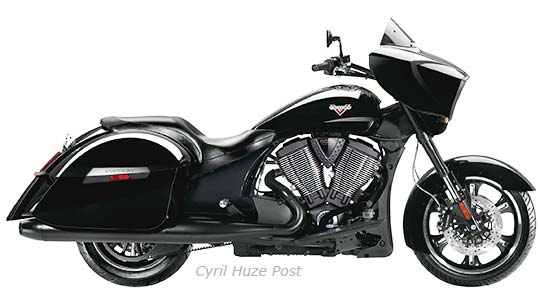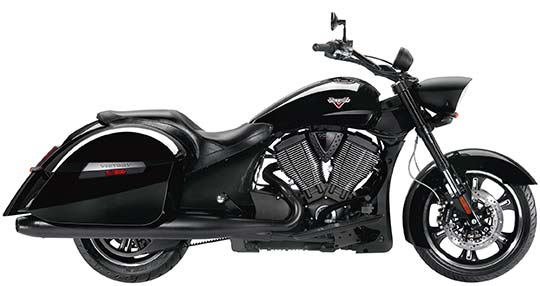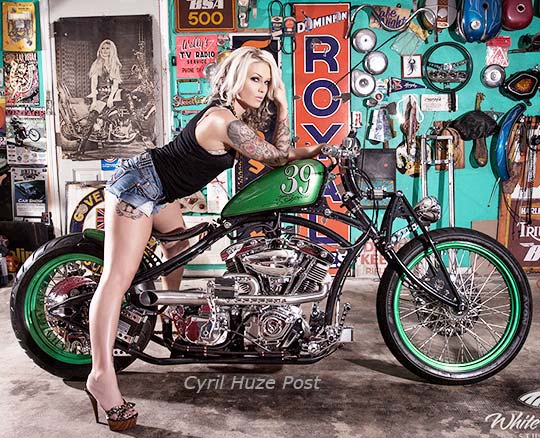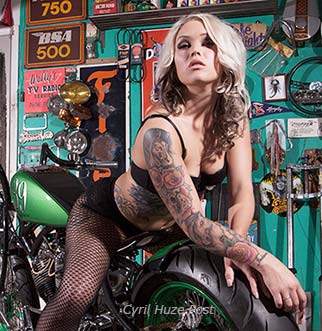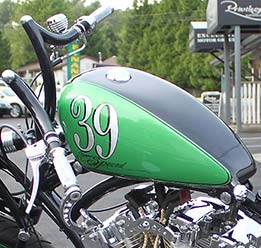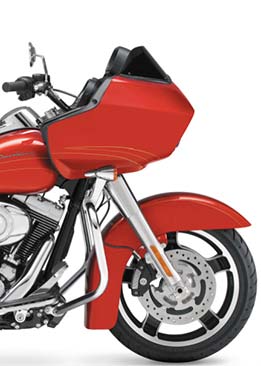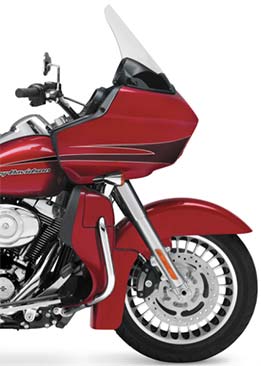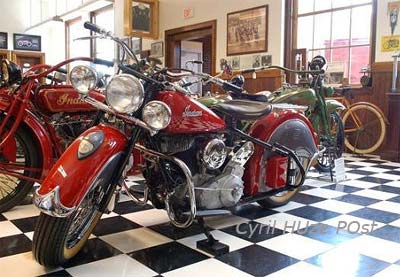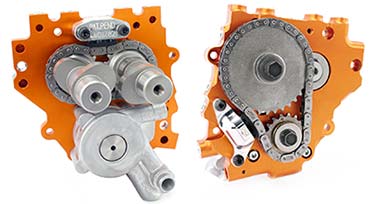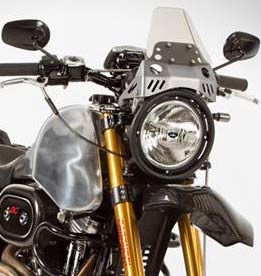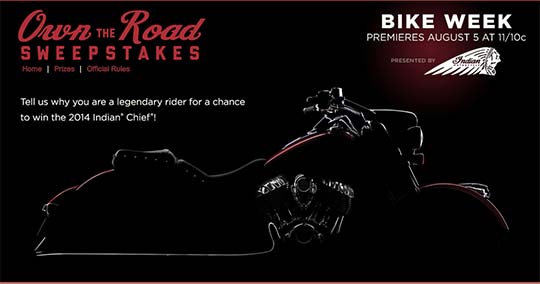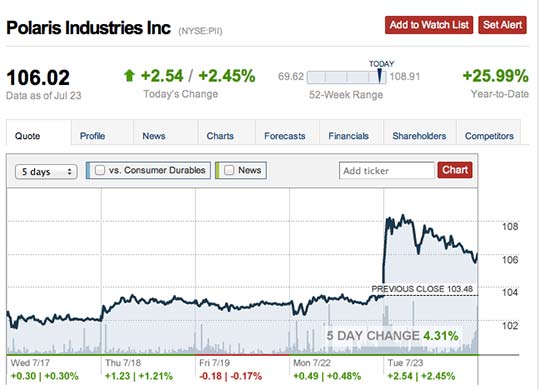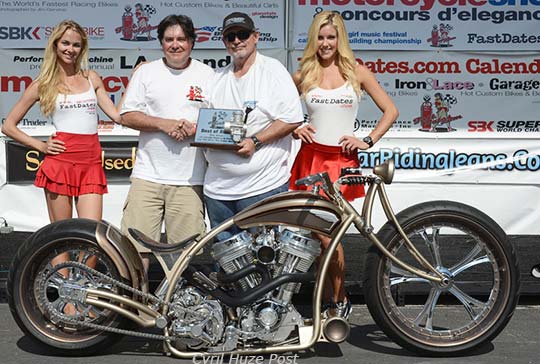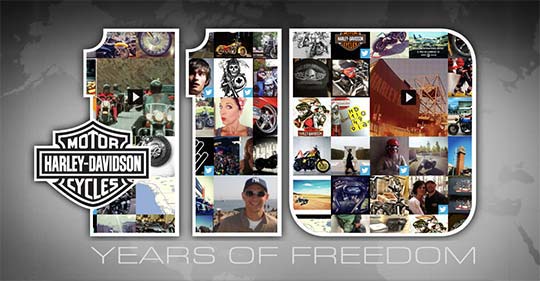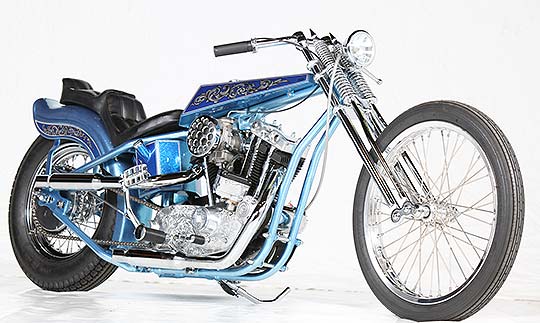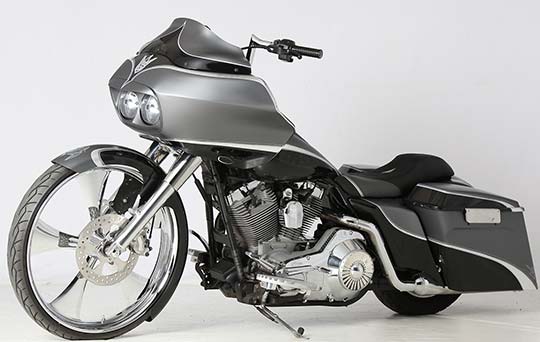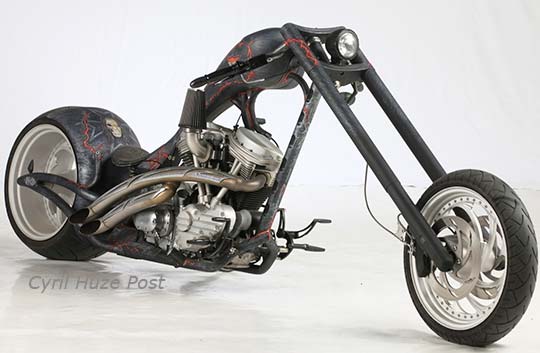 Zusha Elinson, journalist at the Wall Street Journal, wrote the following article regarding he proliferation of Police Biker Clubs and the incidents in which they have been involved possibly hurting all the law enforcement credibility.
Zusha Elinson, journalist at the Wall Street Journal, wrote the following article regarding he proliferation of Police Biker Clubs and the incidents in which they have been involved possibly hurting all the law enforcement credibility.
Prosecutors are considering criminal charges against four members of the Iron Brotherhood motorcycle club for their roles in a Christmas time bar brawl in Prescott, Ariz., that sent one man to the hospital. Their nicknames are Tarzan, Mongo, Guido and Top Gun. They rode Harley Davidson motorcycles, wore vests decorated with skulls and some allegedly carried knives and brass knuckles. Their day jobs were police chief, county sheriff’s sergeant, police officer and paramedic.
An increasing number of police officers are forming motorcycle clubs, and hundreds now exist nationwide, according to experts on motorcycle gangs. Gang investigators fear that such clubs, some of which have the trappings of outlaw biker groups, can hurt the credibility of law enforcement and undermine criminal cases brought against traditional gangs.
“In the last 15 years I would say that we’ve probably seen a tenfold increase in these clubs,” said Terry Katz, vice president of the International Outlaw Motorcycle Gang Investigators Association, who works for the Maryland State Police. “The first ones were pretty straightforward. They were family-oriented clubs. What we see now as a trend is biker by night and cop by day.”
 The growth of such groups worries some law-enforcement officials because of the rowdy and violent behavior that sometimes goes on. In South Dakota, for instance, prosecutors charged a Seattle police detective who was a member of a group called the Iron Pigs with shooting and injuring a Hells Angels biker in a 2008 brawl between the clubs. The charges were later dropped. This year, the police chief in Melrose Park, Ill., a Chicago suburb, disbanded a police motorcycle club called the Reapers whose members had allegedly been in a bar fight.
The growth of such groups worries some law-enforcement officials because of the rowdy and violent behavior that sometimes goes on. In South Dakota, for instance, prosecutors charged a Seattle police detective who was a member of a group called the Iron Pigs with shooting and injuring a Hells Angels biker in a 2008 brawl between the clubs. The charges were later dropped. This year, the police chief in Melrose Park, Ill., a Chicago suburb, disbanded a police motorcycle club called the Reapers whose members had allegedly been in a bar fight.
“If this is not addressed, you’re going to continue to have these issues like you have in Arizona,” said David “Vito” Bertocchini, a retired detective who investigated motorcycle gangs in California. “If these guys were dressing as street-gang members and they had red rags hanging out their pockets, would this be tolerated? Absolutely not.” In the courts, defense attorneys seek to torpedo charges against alleged gang members by arguing they are no different than police motorcycle clubs. Jorge Gil-Blanco, a retired San Jose police officer and expert witness, said the issue “muddies the water for juries.” He adds, “I shouldn’t have to sit there and justify this type of behavior.”
Members of police clubs say the concern is overblown. The Blue Knights, a law-enforcement club with more than 20,000 members around the world, was formed to raise money for charities and ride bikes with fellow officers and families, said D.J. Alvarez, international vice president. “We try to maintain a positive appearance,” he said. “We promote motorcycle safety, we involve families and we’re not discriminative,” he added. The national board of directors for the Iron Brotherhood didn’t respond to requests for comment, but on its website appeared to distance itself from the Arizona bar fight, denouncing “any behavior by its members that would reflect negatively on our club or our profession as law-enforcement officers.” The board said what was known as the Whiskey Row Chapter in Prescott no longer exists. Continue reading ‘Police Biker Clubs. Are They Hurting The Credibility Of Law Enforcement?’
 The consumer days at AIMExpo take place October 18-20 in Orlando and provide motorcycle enthusiasts the chance to see and experience the newest products for 2014 through launches, exclusive showcases, riding demos and more. All categories of motorcycling will be represented by hundreds of participating companies. With just three months to go before the inaugural American International Motorcycle Expo (AIMExpo), the show has announced that consumer tickets are now available at AIME Expo USA www.AIMExpoUSA.com. Adult tickets are only $15. Kids 12 and under get in free accompanied by an adult, making AIMExpo an inexpensive and fun event for the whole family in one of the world’s most popular tourist destinations.
The consumer days at AIMExpo take place October 18-20 in Orlando and provide motorcycle enthusiasts the chance to see and experience the newest products for 2014 through launches, exclusive showcases, riding demos and more. All categories of motorcycling will be represented by hundreds of participating companies. With just three months to go before the inaugural American International Motorcycle Expo (AIMExpo), the show has announced that consumer tickets are now available at AIME Expo USA www.AIMExpoUSA.com. Adult tickets are only $15. Kids 12 and under get in free accompanied by an adult, making AIMExpo an inexpensive and fun event for the whole family in one of the world’s most popular tourist destinations.

